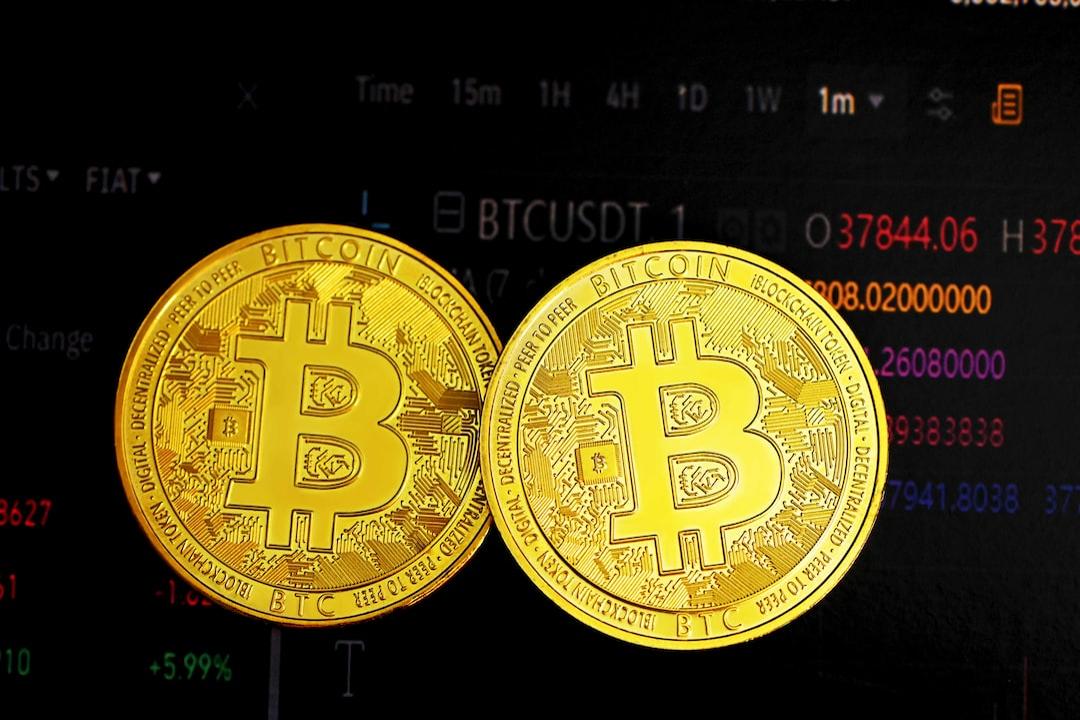Cryptocurrency fund Cyber Capital founder Justin Bons believes that as Uniswap shifts to Layer 2 (L2), Ethereum’s transaction fee revenue will decrease, leading to a decrease in the burning of Ether and rendering its deflationary narrative no longer valid. He suggests that Uniswap should become an independent L1.
After the announcement of the launch of Unichain, a Layer 2 network designed for DeFi, Uniswap sparked heated discussions in the community about whether it is inevitable for Dapps to issue on dedicated blockchains and the potential impact on Ethereum and UNI.
Yesterday (15th), Justin Bons, founder and CIO of Cyber Capital, also commented on this, stating that this move will put Ethereum in a predicament and suggesting that UNI should distance itself from Ethereum as soon as possible. This statement quickly drew widespread attention from the community.
Justin Bons stated that one of the reasons Ethereum is in a predicament is that once Unichain is launched, the transaction fee revenue on Ethereum will decrease, resulting in a reduction in the burning of Ether, which will eliminate the narrative of Ether as a “deflationary” currency.
Citing data from Ultra Sound Money, Justin Bons pointed out that since the successful implementation of Proto-danksharding (EIP-4844) in April this year, the supply of Ether has gradually increased, and the extent of deflation has gradually narrowed. He stated:
Justin Bons criticized Ethereum’s high fees as stifling usability and innovation and suggested that UNI should distance itself from ETH as much as possible. Furthermore, Justin Bons believes that ETH has deviated from its original vision. He stated:
He added that what’s even worse is that other blockchains such as NEAR and EGLD have successfully implemented sharding technology. At the same time, fully parallel blockchains have effectively demonstrated that it is possible to meet massive demand without implementing sharding. He stated that technological advancements have reached a point where a balance between decentralization, security, and scalability can be achieved, making all compromises in ETH’s “L2 scaling” strategy completely unnecessary.
However, Ethereum’s core developers still insist that it is “impossible” to scale L1 while maintaining decentralization, which Justin Bons finds difficult to accept.
Justin Bons concludes that Ethereum is not only in a predicament on an ideological and moral level but will also face economic decline. Despite relying on past success to sustain itself, it is gradually losing market dominance, especially in the face of more superior competitors in terms of technology. The success of UNI no longer depends on ETH. He stated:
Related report


